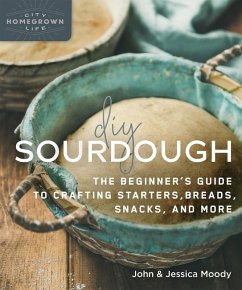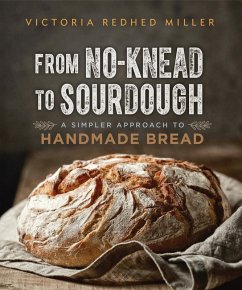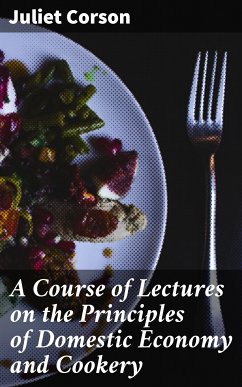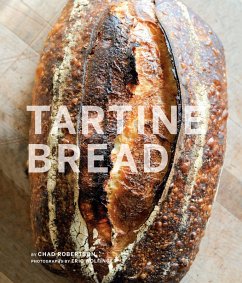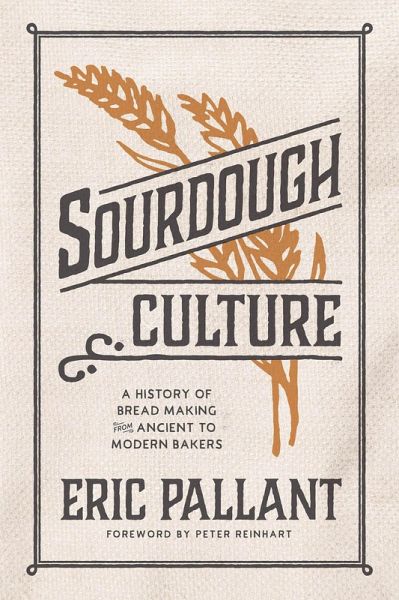
Sourdough Culture (eBook, ePUB)
A History of Bread Making from Ancient to Modern Bakers
Versandkostenfrei!
Sofort per Download lieferbar
32,09 €
inkl. MwSt.
Weitere Ausgaben:

PAYBACK Punkte
0 °P sammeln!
"A culinary mystery story leavened with Pallant's passion, charm, and devotion to the ageless allure of the risen loaf." -Aaron Bobrow-Strain, author of White Bread Sourdough Culture presents the history and rudimentary science of sourdough bread baking from its discovery more than six thousand years ago to its still-recent displacement by the innovation of dough-mixing machines and fast-acting yeast. Environmental science professor Eric Pallant traces the tradition of sourdough across continents, from its origins in the Middle East's Fertile Crescent to Europe and then around the world. Palla...
"A culinary mystery story leavened with Pallant's passion, charm, and devotion to the ageless allure of the risen loaf." -Aaron Bobrow-Strain, author of White Bread Sourdough Culture presents the history and rudimentary science of sourdough bread baking from its discovery more than six thousand years ago to its still-recent displacement by the innovation of dough-mixing machines and fast-acting yeast. Environmental science professor Eric Pallant traces the tradition of sourdough across continents, from its origins in the Middle East's Fertile Crescent to Europe and then around the world. Pallant also explains how sourdough fed some of history's most significant figures, such as Plato, Pliny the Elder, Louis Pasteur, Marie Antoinette, Martin Luther, and Antonie van Leeuwenhoek, and introduces the lesser-known-but equally important-individuals who relied on sourdough bread for sustenance: ancient Roman bakers, medieval housewives, Gold Rush miners, and the many, many others who have produced daily sourdough bread in anonymity. Each chapter of Sourdough Culture is accompanied by a selection from Pallant's own favorite recipes, which span millennia and traverse continents, and highlight an array of approaches, traditions, and methods to sourdough bread baking. Sourdough Culture is a rich, informative, engaging read, especially for bakers-whether skilled or just beginners. More importantly, it tells the important and dynamic story of the bread that has fed the world. "Pallant deftly covers a wide breadth of time and place in Sourdough Culture, interweaving experts' research with his own travels, research, and experiments." - Pittsburgh City Paper "A tour de force of social, economic, political, and gastronomic history that is both meticulously researched and highly readable." -Stanley Ginsberg, author of The Rye Baker




